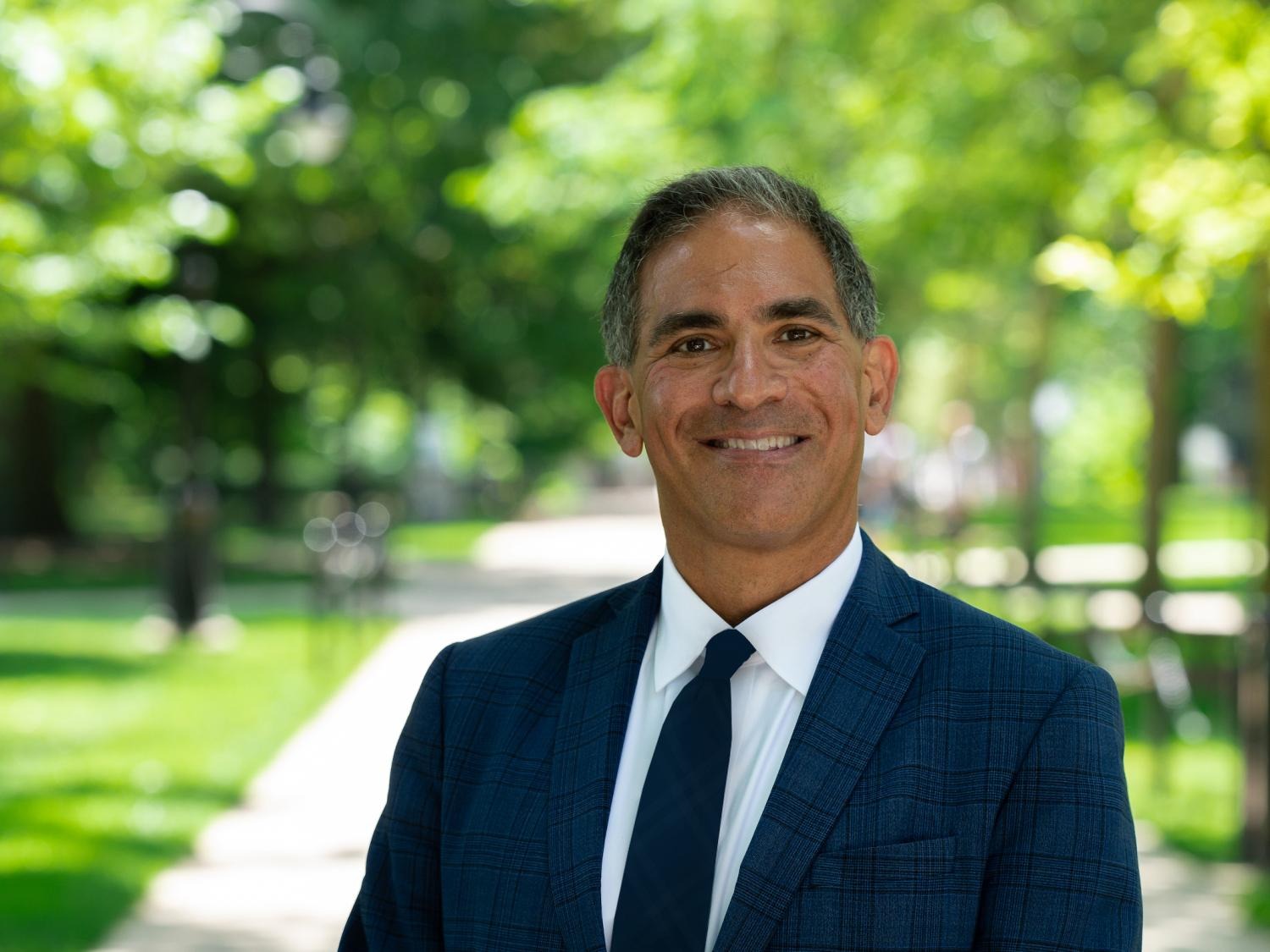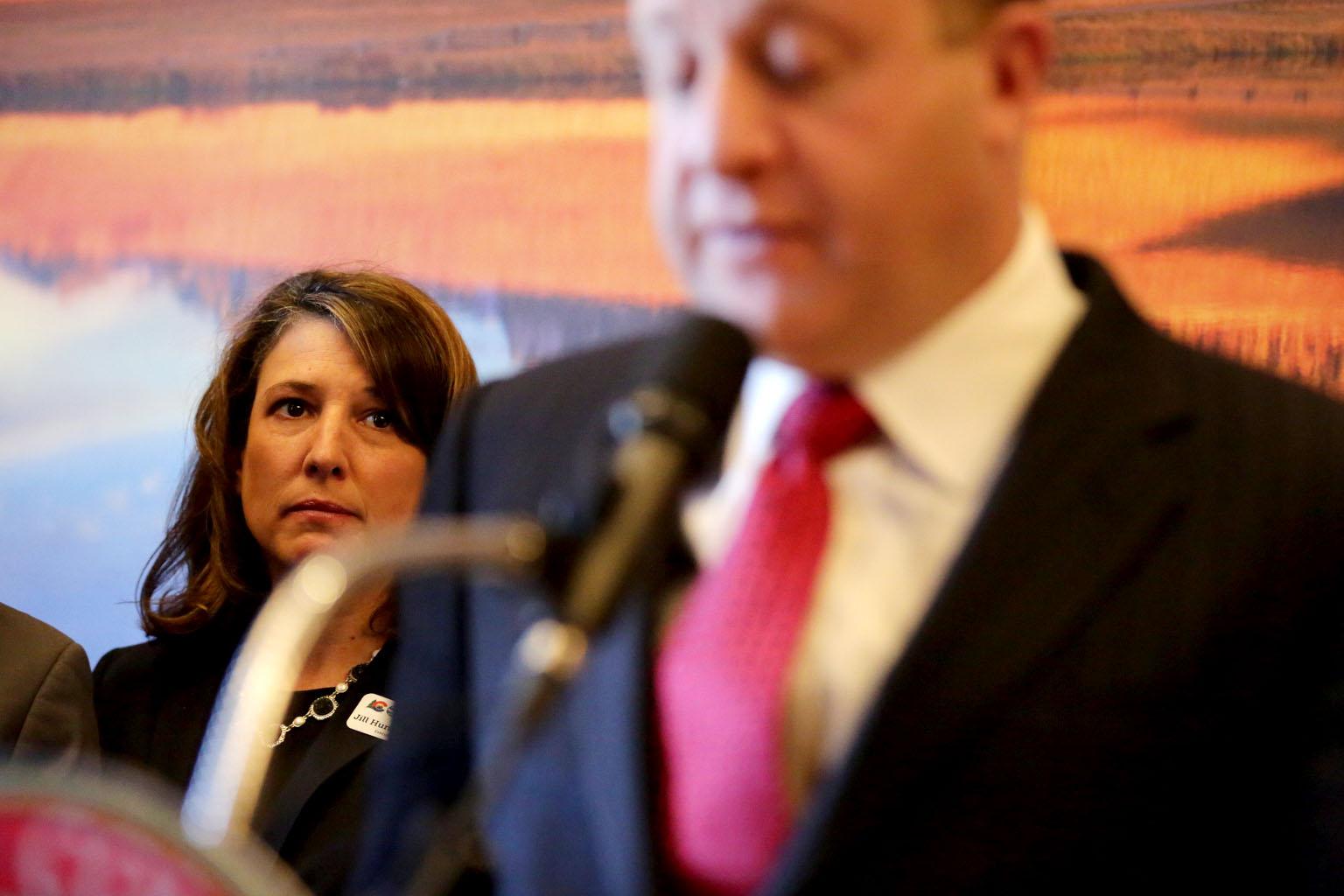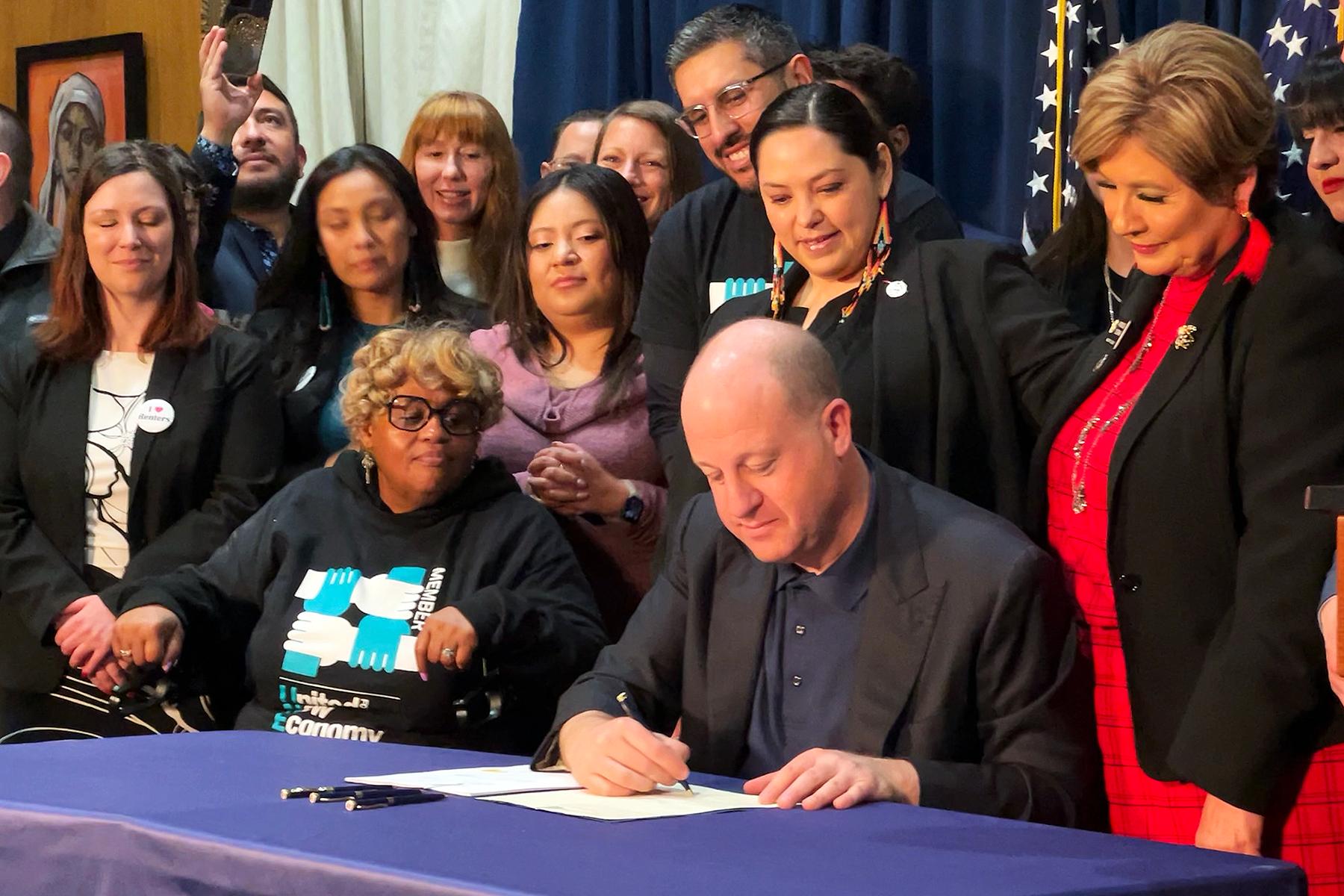
 Colorado's U.S. senators both voted Monday in favor of a temporary spending deal that allowed the federal government to reopen. The deal was contingent on Republican leaders promising to consider immigration reform before the spending bill's time limit runs out in February.
Colorado's U.S. senators both voted Monday in favor of a temporary spending deal that allowed the federal government to reopen. The deal was contingent on Republican leaders promising to consider immigration reform before the spending bill's time limit runs out in February.
GOP Sen. Cory Gardner was part of a bipartisan group that crafted the immigration compromise around protections for the Deferred Action For Childhood Arrivals program -- people brought to the United States as children by parents without authorization. Gardner told Colorado Matters Monday the compromise was more or less the same position on DACA his group had offered Friday before it was rejected.
"Basically what was offered Friday night was accepted today with probably a little bit more commitment to move forward on a DACA debate than they had Friday night," he said. "We had put forward a proposal that the president rejected but we didn't give up. We kept trying to find a way that he would support it."
The way turned out to be this: In a bid to win over a few Democratic holdouts, Senate Majority Leader Mitch McConnell pledged to take up legislation on immigration and other top Democratic priorities if they weren't already addressed by the time the spending bill would expire Feb. 8.
"It's going to be tough. This isn't going to be easy. But I'm committed to getting it done," Gardner said. "It's important that we do it. And it's important that we do it in a way that we're not here revisiting it in a year or two."
Transcript: Ryan Warner Speaks With Sen. Gardner
RW: You were a part of the group of senators that worked over the weekend on this compromise. Can you tell us how it landed where it did? CG: Well you know this is, on Friday night, after the vote failed on the original continuing resolution that went until February 16, Senator McConnell had offered a three-week continuing resolution to go to February 8 and he talked about then possibly going to immigration negotiations over DACA after that. And so over the weekend, myself and a handful, gosh at one point probably around 25-30 members, House, excuse me, Senate Republicans and Democrats getting together and saying all right, how do we take that deal that was rejected on Friday night and get it accepted today and that's exactly what happened. So basically what was offered Friday night was accepted today with probably a little bit more commitment to move forward on a DACA debate than they had Friday night. RW: And do you think that was the lynchpin to get Democrats on board? CG: Yeah I think it is because it's basically the same proposal that was offered Friday night. Senator McConnell did go down to the floor, said he will move to DACA after, I think it could be February 8, I could be miswording it just slightly, but talking about getting that to the floor in a fair and open process. So I think that's important and that's what was able to build enough trust to go forward and get the handful of votes then needed to open the government. RW: Do you think a DACA deal will be struck? CG: I hope so. Look, this is going to be very difficult and it needs to be done. I was part of a group of people including Senator Durbin and Senator Bennet from Colorado trying to negotiate a solution as it relates to Dreamers. We had put forward a proposal that the president rejected but we didn't give up. We keep trying to find a way that he would support it. Talking to other colleagues this afternoon, engaging in another bipartisan meeting with a number of colleagues about border security issues and trying to get, and chain migration, so that we can get to a DACA solution. I do think, Ryan, that this is an issue that has almost if not, total, unanimity in Congress to address and to fix. RW: I'm glad you bring that up, Senator, because I think there's a lot of mudslinging going on like the shutdown is the Democrat's fault, the shutdown is the Republican's fault. But in some ways isn't this more of an executive versus a legislative conflict. In other words, it seems that the target keeps moving at the White House. CG: Well I think President Trump made it clear when he said there are four things that need to be addressed. Those are: the issues of how to address the DACA population; how to address chain migration, as he calls it; how to address the diversity visa lottery; and what to do with border security. RW: All of which was in that original compromise. CG: Yeah, that was in there, that was in that original meeting that was televised for about forty-five minutes I think. And then obviously trying to find enough support around an agreement that builds on those four things is going to be a challenge. But I do think, talking to my colleagues from the most liberal to the most conservative, everybody wants to find a solution. Now they have different ways to get there so it's our job as legislators to find that common ground that can get support out of the House, the Senate and ultimately signed by the president. RW: If Republicans cared truly about DACA, as you say they do, why has it taken this long for them to try to address it? CG: Well I think there have been a number of proposals offered but both sides were pretty far apart. I mean Tom Cotton had his proposal. Tom Tillis had his proposal; James Lankford several months ago. Lindsey Graham has been working on this a number of years with a group of people. But it's a challenging issue and it's been quite a ways apart so I think that now is the chance to get this done in a way that provides a solution to what the president is looking for but also gets that common ground we need to address for people who were brought here through no fault of their own. RW: Very briefly, what are the brass tacks of this? When does the government reopen, how long, and odds that it shuts down again, in your mind? CG: Well it should reopen in a matter of hours. The House passed, excuse me, the Senate passed the legislation and then it's got to go over to the House and then it has to be signed by the president, that's going to take several hours as they get the paperwork shuttled back and forth. And finally down to the president and they have a number of procedures that go along with that enrolling, engrossing, whatever technical legal procedures they have to go through. And then you asked a very important question because I, three weeks, these issues don’t get easier, they get tougher and they are going to be tough. And so I think what we will see is a solution that we've got to make, it's not going to be easy. I hope we don’t end up in the same spot again. But it's going to be tough. This isn't going to be easy but I'm committed to getting it done. I think this is important that we do it, and we do it in a way that we're not revisiting the same thing in a year or two. RW: Senator, thanks for being with us. CG: Thank you very much. Thanks. Take care. |









